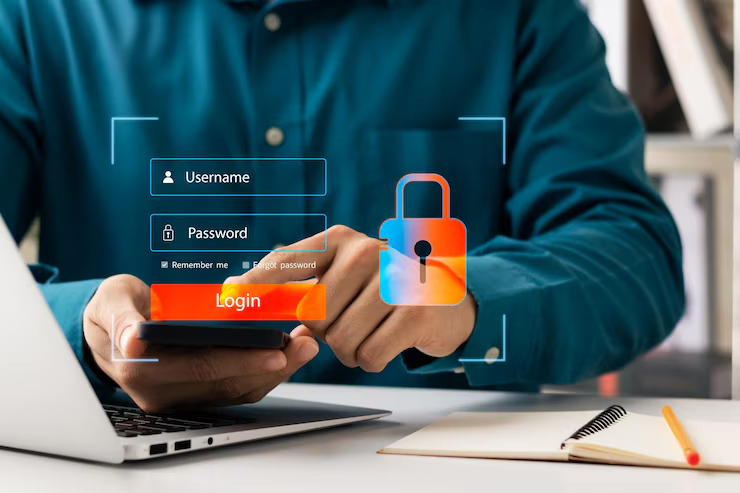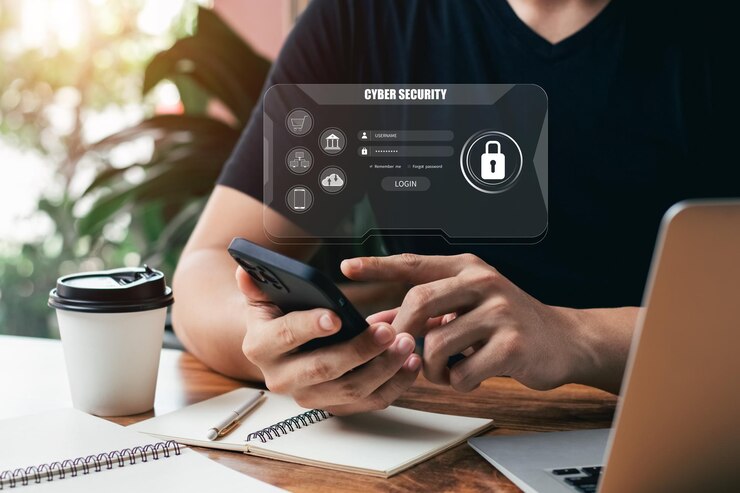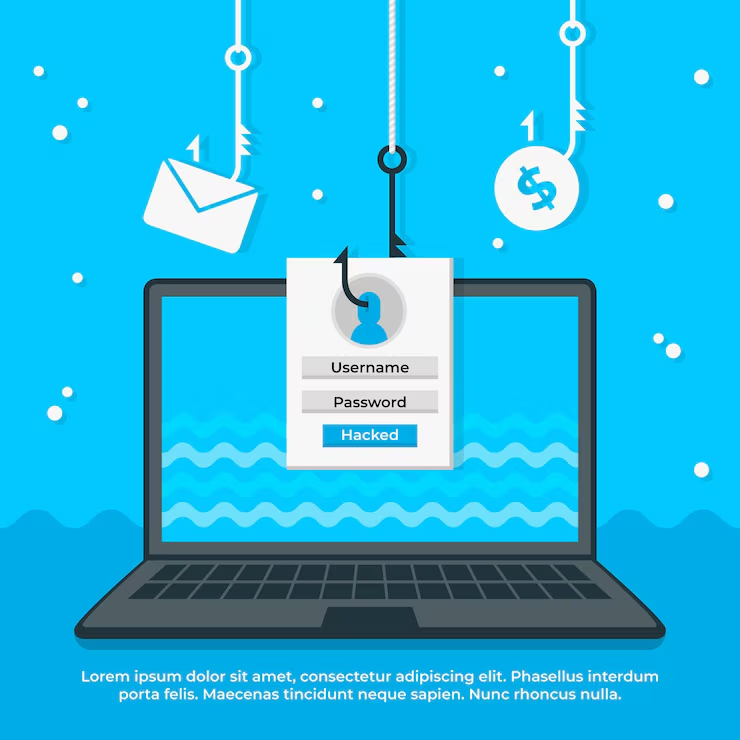Everyday Cyber Hygiene Practices are the foundation of personal and professional online safety. At Calm Wires, we believe that protecting your digital identity begins with small, consistent actions. These daily habits build a strong defense against cyber threats, helping you feel more secure online.
Everyday Cyber Hygiene Practices involve actions that ensure your devices, accounts, and data remain protected from potential attacks. By keeping systems updated, using secure passwords, and recognizing threats, you maintain control of your digital life and avoid preventable risks.
Keeping Software and Systems Updated
Regular updates close security gaps that cybercriminals often exploit. Enable automatic updates on your devices and check manually for any missed patches. Updates are the first line of defense against vulnerabilities and ensure your technology runs efficiently.
Creating and Managing Strong Passwords
Use long, unique passwords for each account, combining letters, numbers, and symbols. Avoid using the same password across platforms. Consider using a trusted password manager to organize and store your credentials securely.
Recognizing Suspicious Emails and Links
Phishing attempts come through emails, texts, or fake websites. Always verify the sender before clicking on links. Check for grammar mistakes or urgent messages that pressure you into action. Trust your instincts when something feels off.
Securing Wi-Fi and Home Networks
Rename your Wi-Fi from the default name and use strong encryption. Set a secure password that’s different from your device logins. Regularly check connected devices and reboot your router to refresh the connection and block unknown intrusions.
Using Two-Factor Authentication (2FA)
Enable 2FA for your accounts where possible. It adds an extra layer of protection by requiring a second code or device for login. Even if a password is compromised, this step keeps unauthorized users out.
Practicing Safe Browsing Habits
Stick to secure websites and look for HTTPS in the URL bar. Avoid downloading software from untrusted sources. Clear your browser cache regularly and review privacy settings to maintain control over your data and activity.
FAQs
Q1. What are Everyday Cyber Hygiene Practices?
A: Everyday Cyber Hygiene Practices are simple, daily actions that protect your digital information from threats such as hacking, phishing, and malware.
Q2. Why are strong passwords important in cyber hygiene?
A: Strong passwords make it harder for attackers to access your accounts, keeping personal and financial information safer from breaches and theft.
Q3. How often should I update my devices for cyber hygiene?
A: Regularly check for updates and enable automatic updates to ensure your software has the latest security patches and features.
Q4. What is phishing and how can I avoid it?
A: Phishing is a trick to steal your personal data through fake emails or sites. Avoid clicking unknown links and verify email sources before responding.
Q5. Is Two-Factor Authentication necessary for all accounts?
A: While not required for all, using 2FA on important accounts like email, banking, and social media adds crucial protection against unauthorized access.
Conclusion
Everyday Cyber Hygiene Practices are the cornerstone of modern digital safety. With simple habits, you build a stronger shield against evolving cyber threats. Prioritizing these daily routines protects your identity, devices, and peace of mind in an increasingly connected world.




